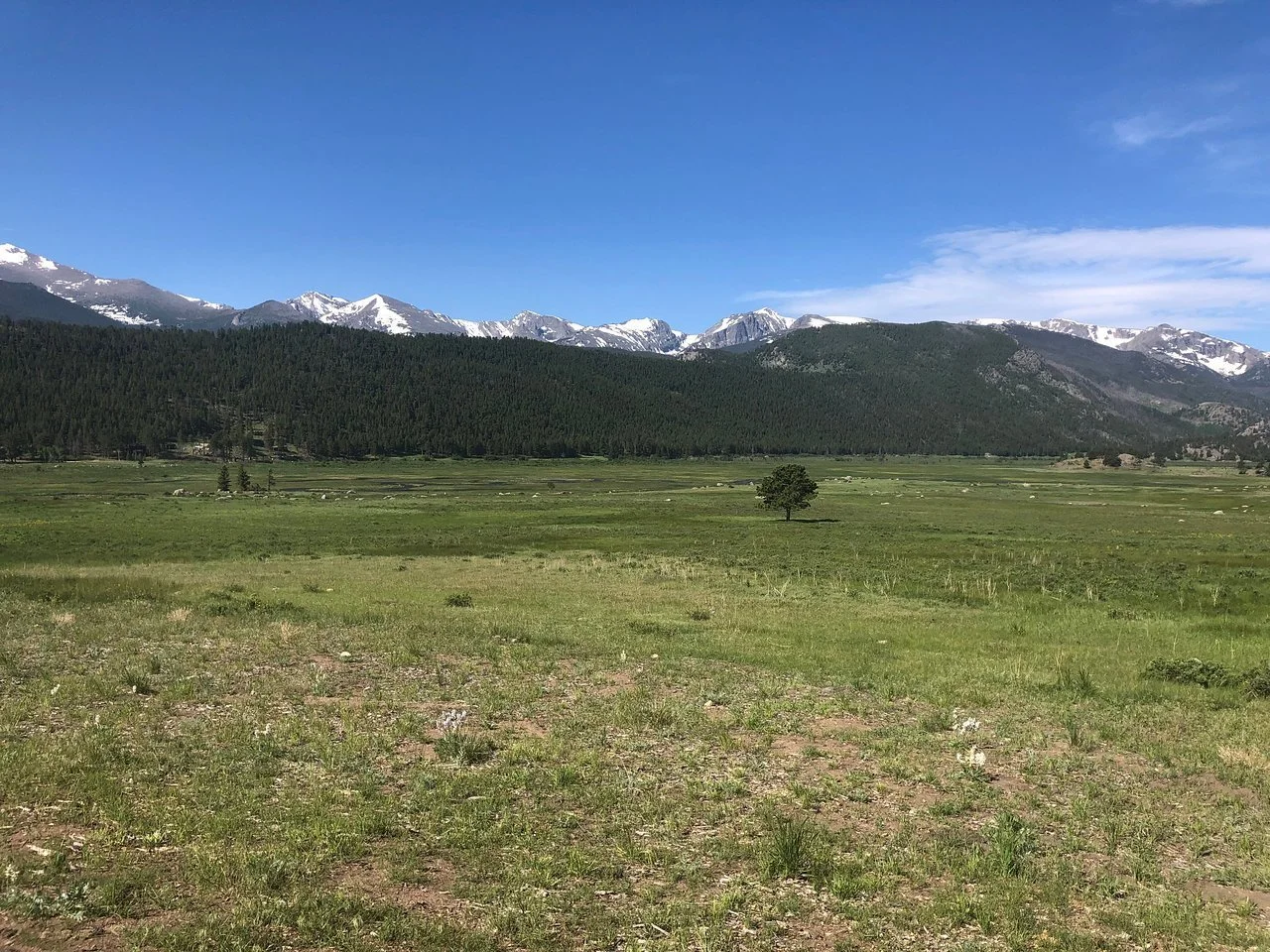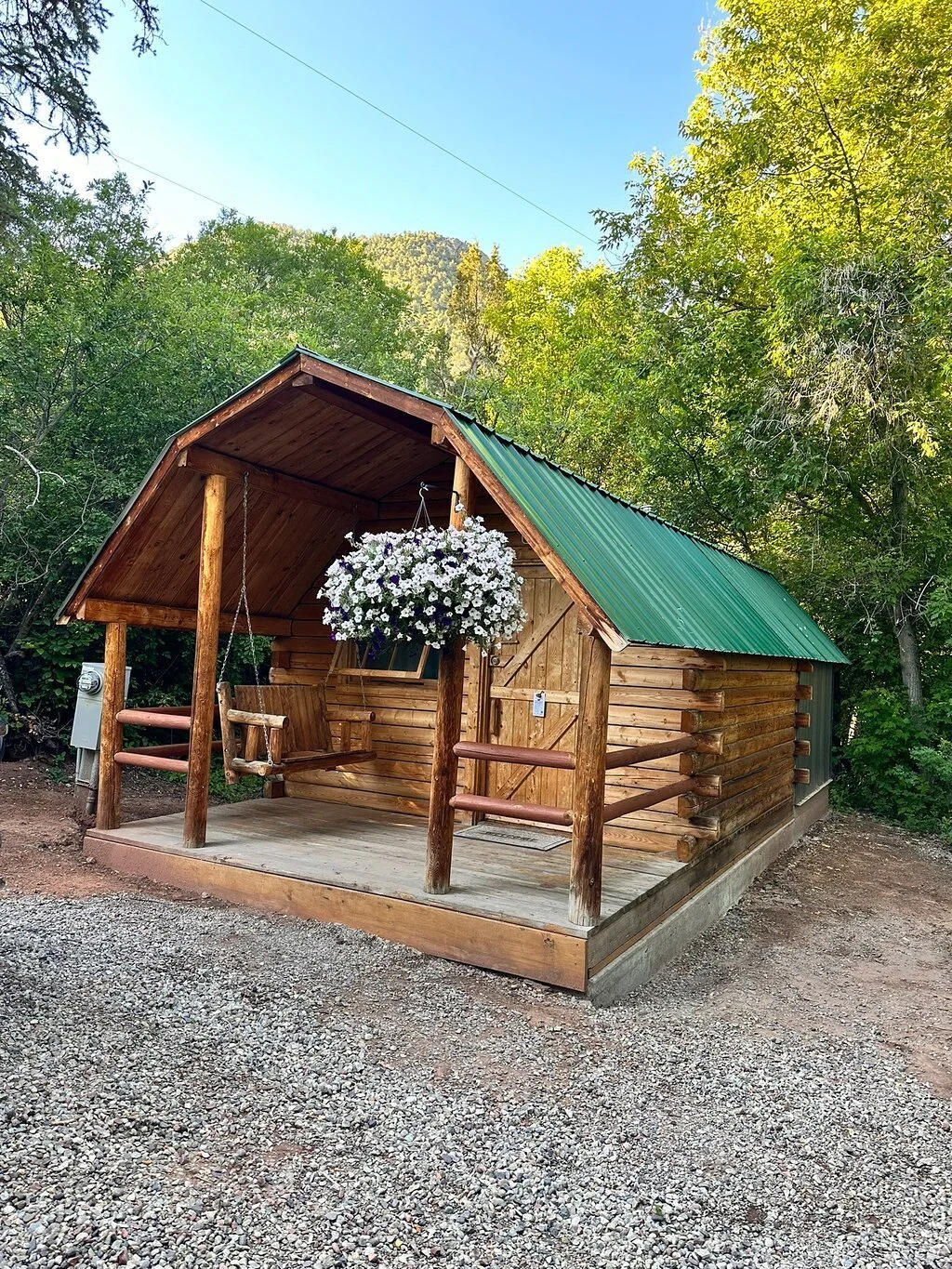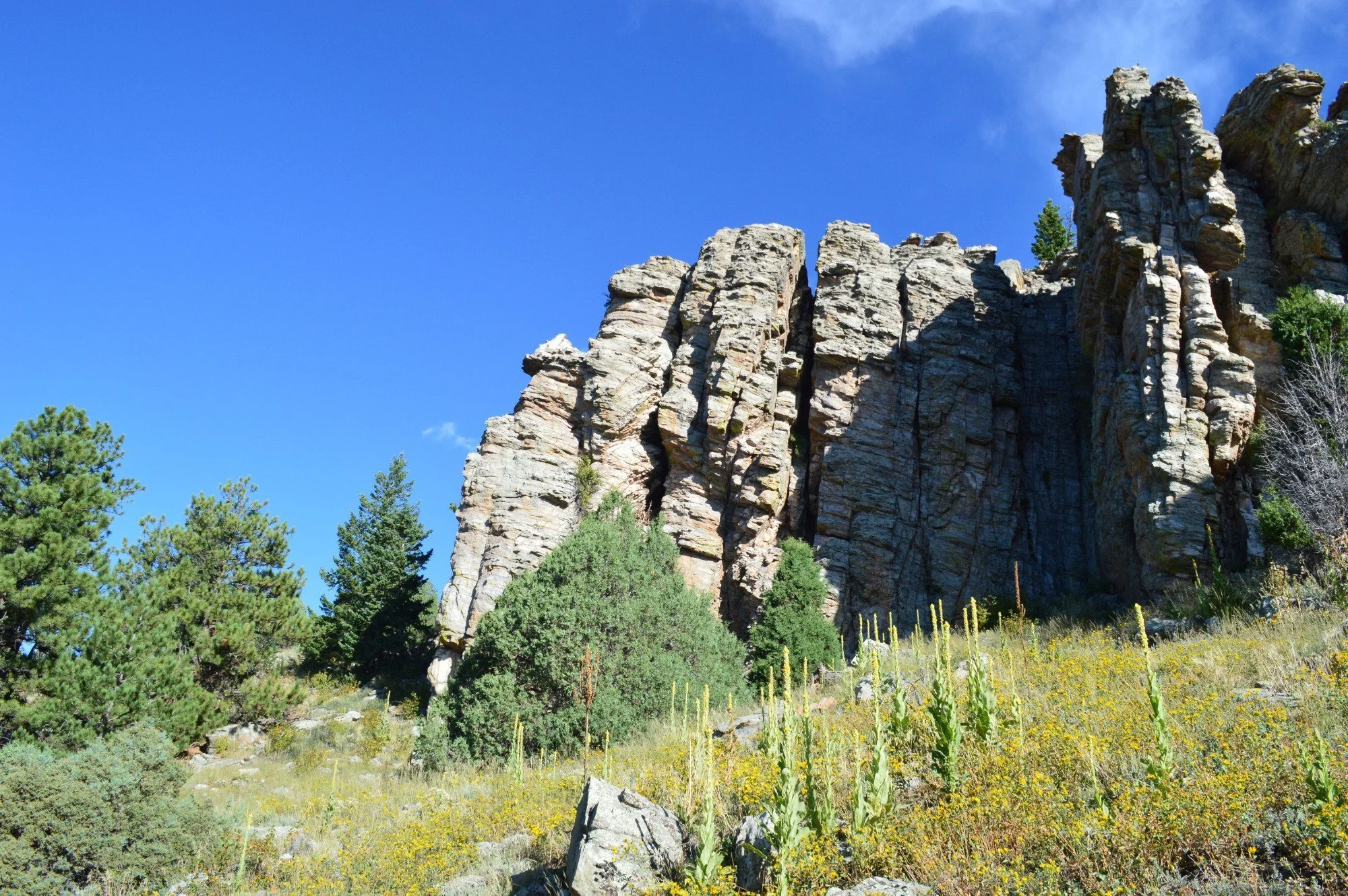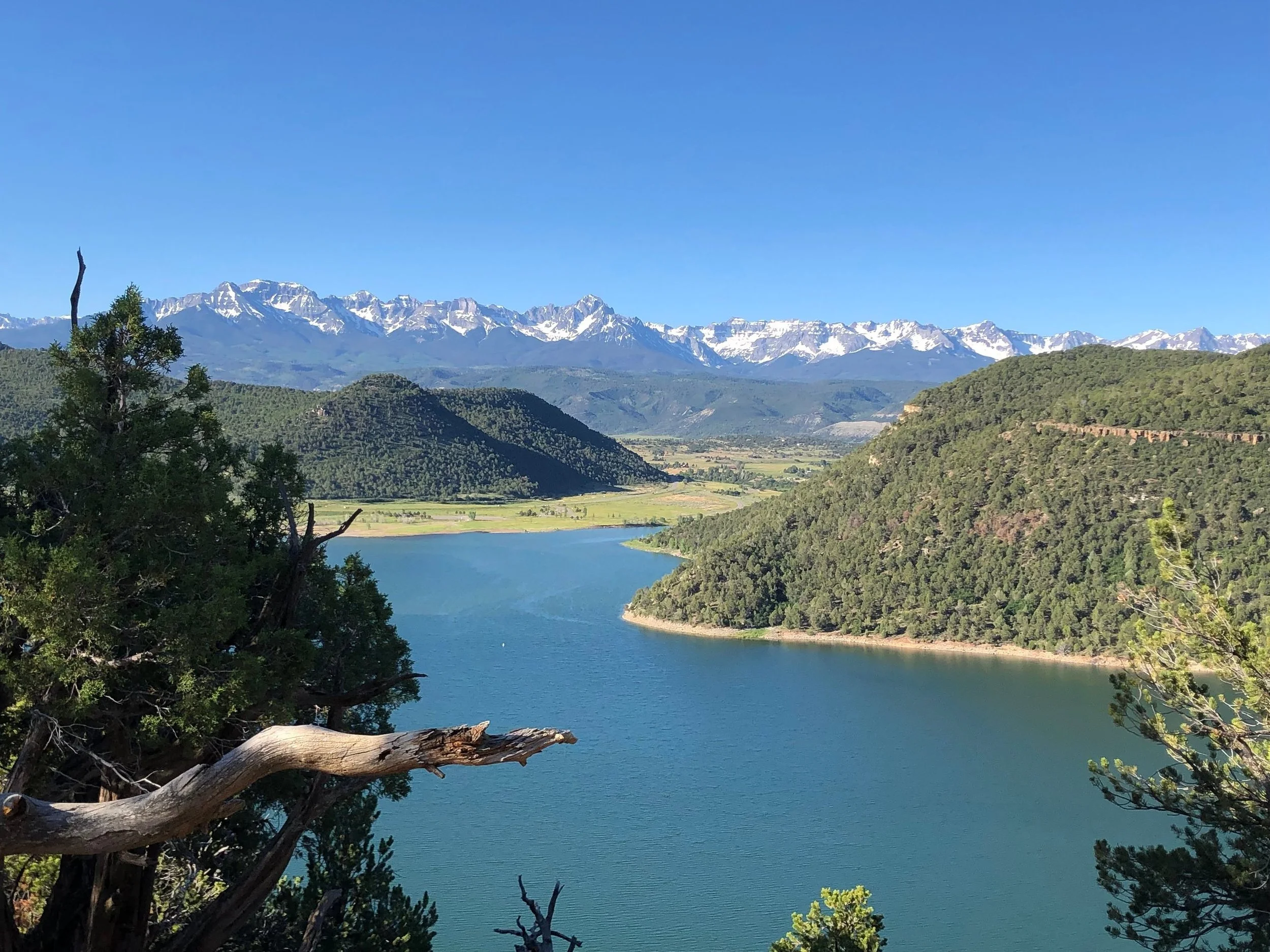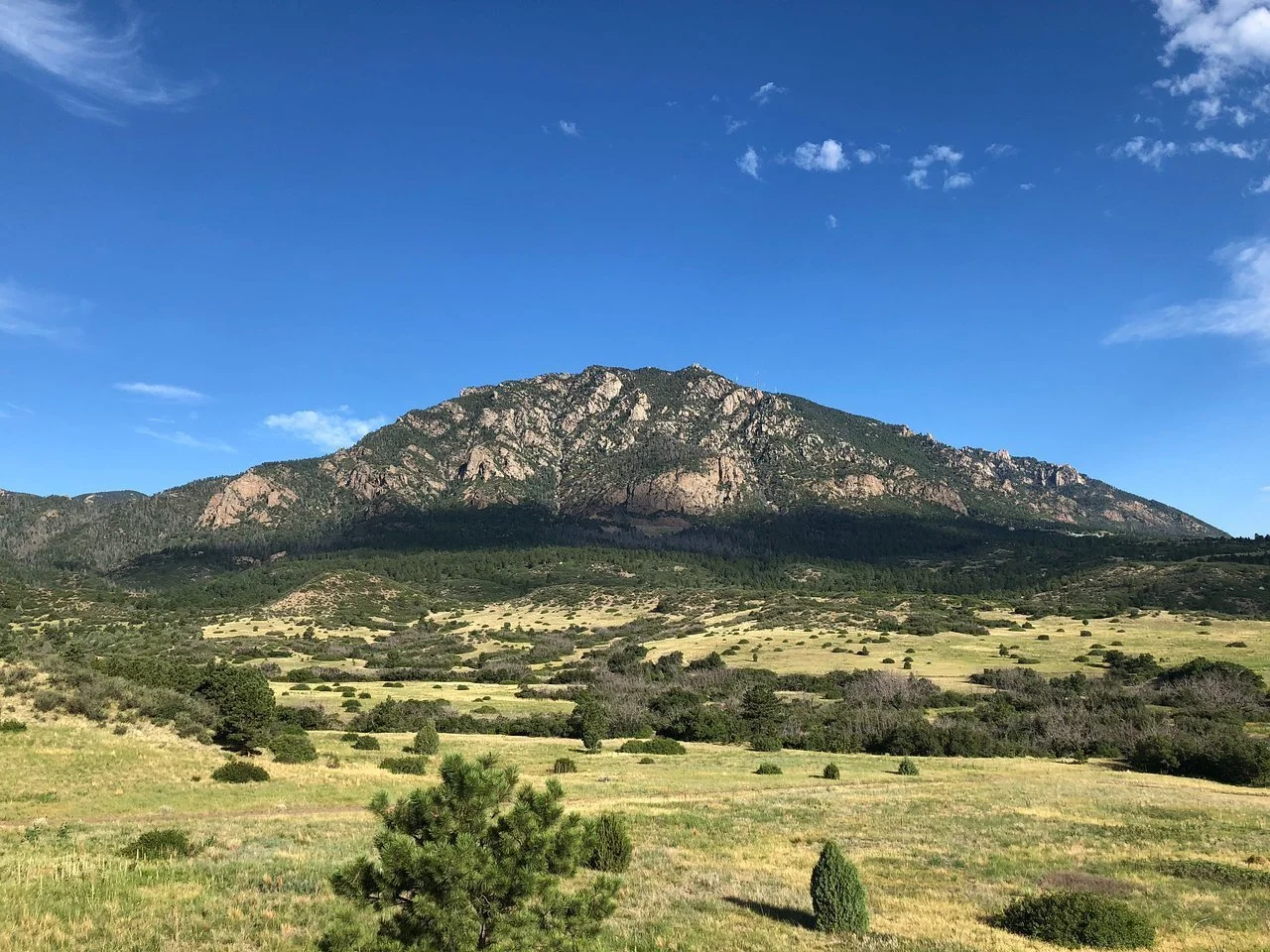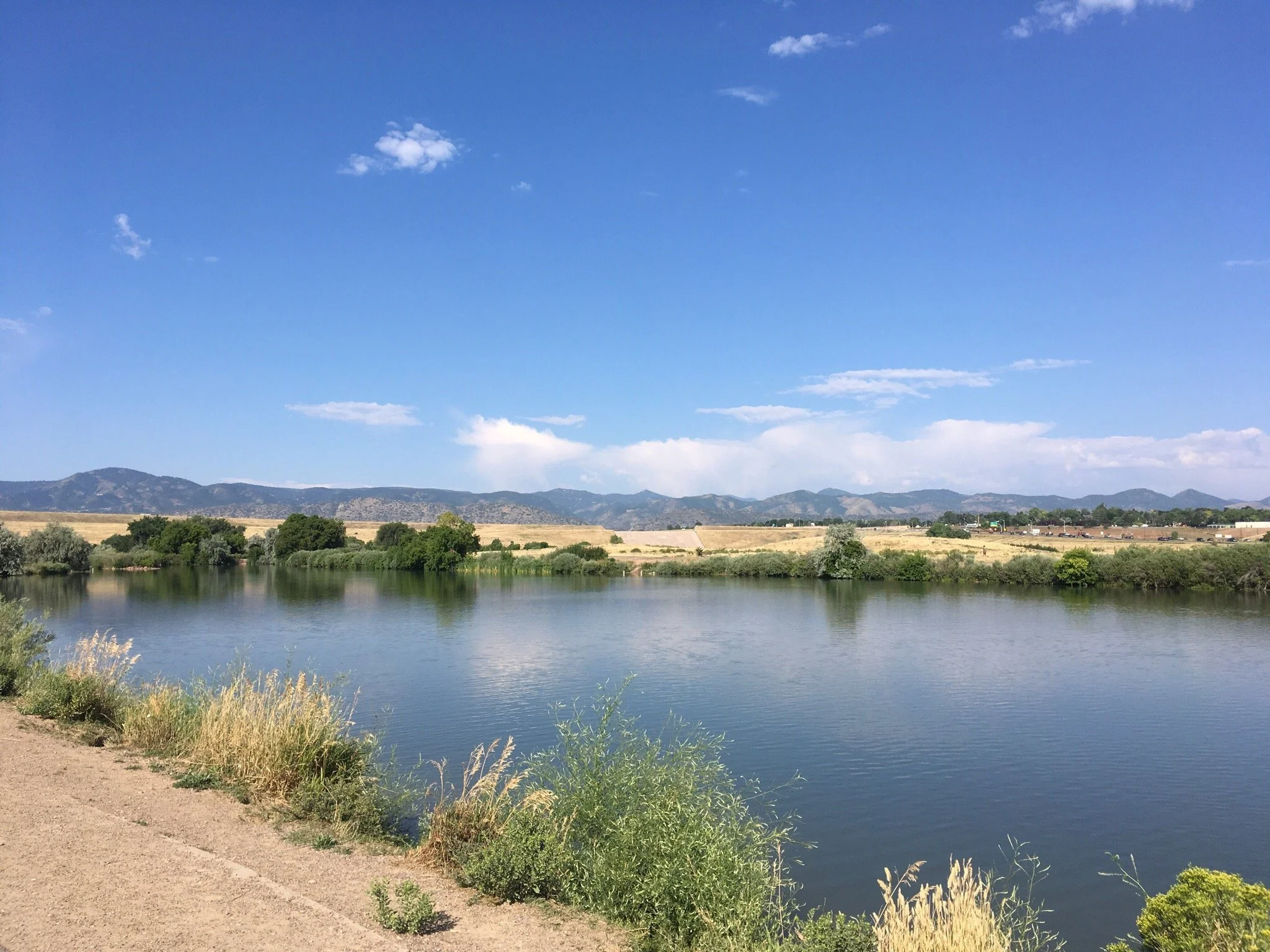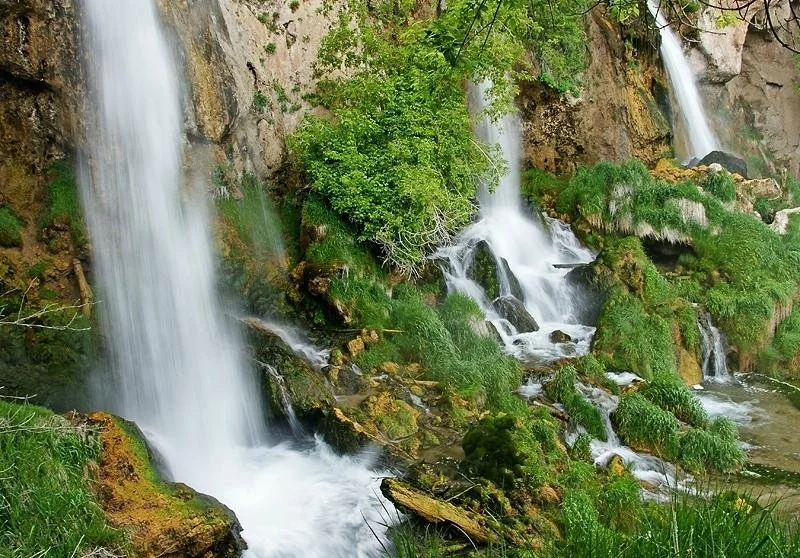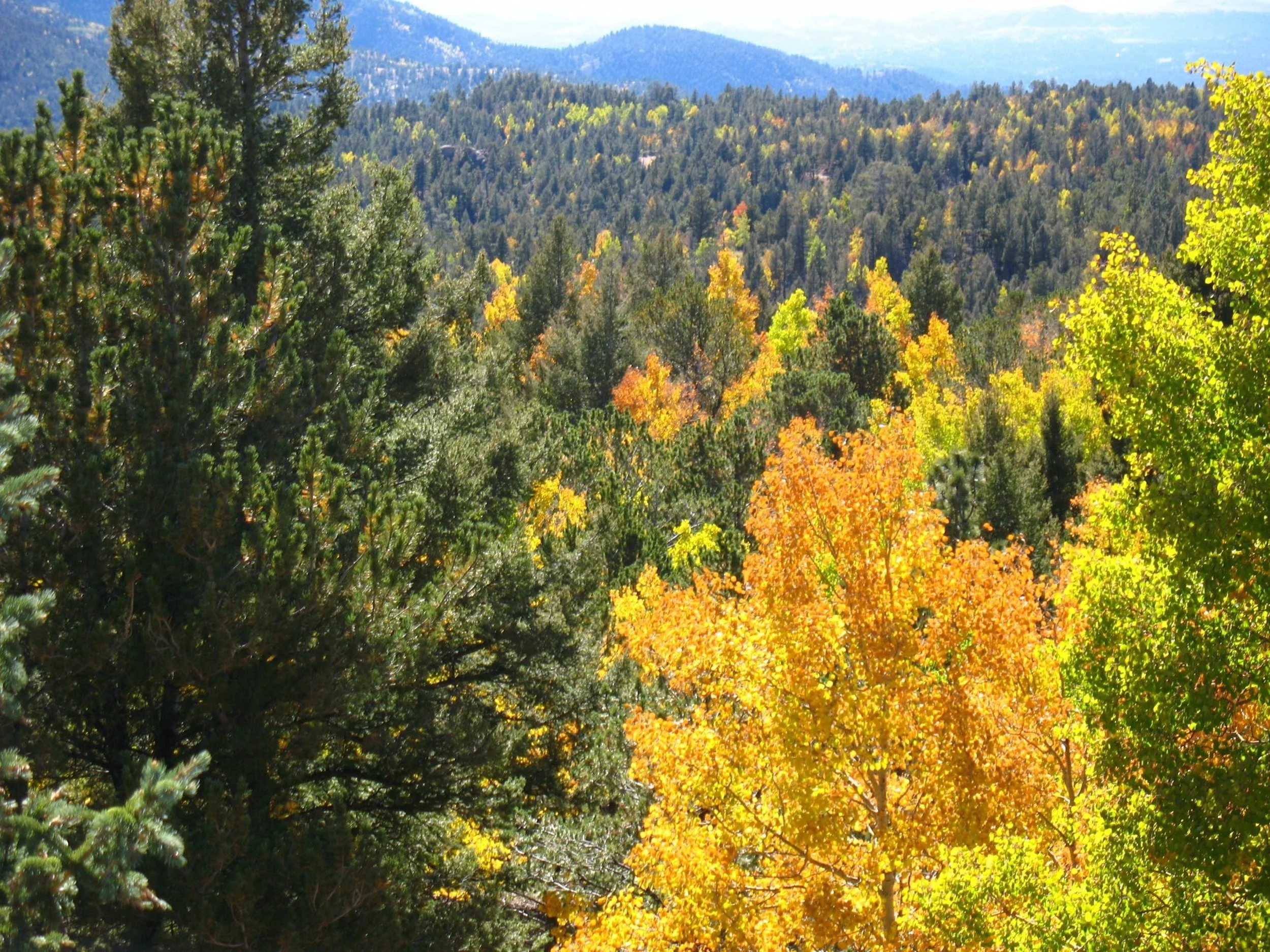Welcome to Colorado, a paradise for outdoor enthusiasts boasting an impressive collection of 42 state parks and four national parks. This majestic western destination showcases an incredible diversity of terrain, featuring time-worn peaks, dramatic canyons, and world-class Colorado resort destinations that encompass everything from rustic mountain towns to sophisticated alpine retreats. Many of these natural wonders are conveniently accessible from Denver, the state's vibrant capital. Adventure seekers will find an extensive network of camping opportunities scattered throughout the region, encompassing everything from primitive backcountry sites to fully-equipped campgrounds complete with RV hookups and modern amenities. The state parks system maintains numerous top-tier facilities, ensuring comfortable stays for outdoor enthusiasts of all preferences. Nature lovers can indulge in an endless array of recreational pursuits, from exploring countless miles of hiking and biking trails to enjoying exceptional wildlife viewing and some of the clearest night skies for astronomical observation.
Camping In Colorado
Immerse in Colorado's Rocky Mountain grandeur: Hike breathtaking trails, camp by rushing streams, and awaken to nature's symphony.
CampChimp is better in the app
Find Available Camping
The 5 best campgrounds in Colorado
-

Glacier Basin Campground
 Rocky Mountain National Park, CO
Rocky Mountain National Park, CO


Glacier Basin Campground is a secluded and scenic camping area located within the Arapaho and Roosevelt National Forests near Ward Colorado. It offers stunning views of the surrounding mountains and is a popular destination for hikers and nature enthusiasts.
-
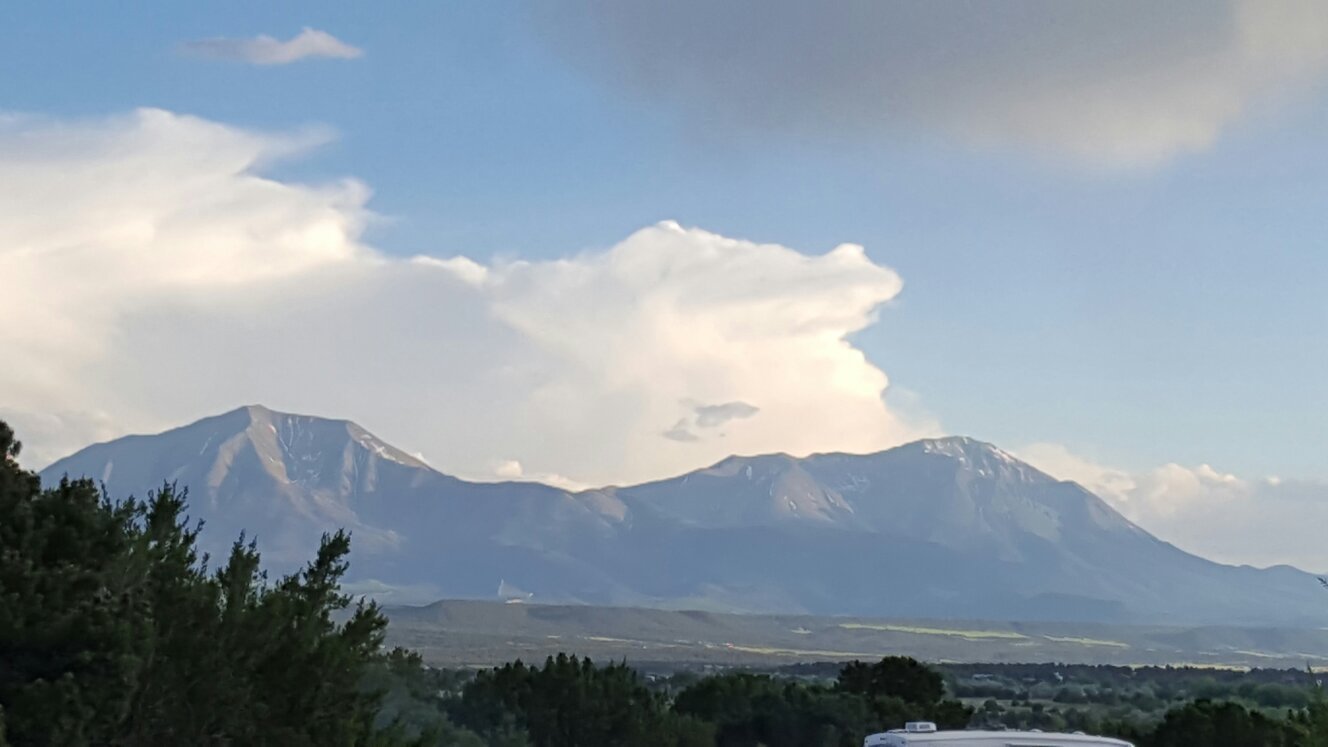
Lathrop State Park
 Walsenburg, CO
Walsenburg, CO


Nestled in the stunning Spanish Peaks region Lathrop State Park Campground offers a serene escape surrounded by breathtaking natural beauty. With well-maintained campsites modern amenities and easy access to hiking trails and fishing spots this campground is a true gem for outdoor enthusiasts.
-

Chalk Creek Campground & RV Park
 Nathrop, CO
Nathrop, CO


Chalk Creek Campground is a serene and picturesque camping area located along the banks of Chalk Creek in the San Isabel National Forest. It offers easy access to fishing hiking and other outdoor activities making it a popular destination for adventure seekers.
-

Lone Duck Campground
 Chipita Park, CO
Chipita Park, CO


Nestled in the heart of the Sangre de Cristo Mountains Lone Pine Campground offers stunning views and access to numerous hiking trails. With spacious sites and modern amenities it's an ideal spot for outdoor enthusiasts seeking a serene and scenic camping experience.
-

Pinyon Flats Campground
 Alamosa, CO
Alamosa, CO


Pinon Flats Campground is a unique camping area located within the Great Sand Dunes National Park and Preserve offering stunning views of the towering sand dunes and easy access to various hiking trails and outdoor activities. It is a popular destination for adventurers and nature enthusiasts.
The 5 hardest-to-book campgrounds in Colorado
The 5 best campgrounds for RV camping in Colorado
The 5 best campgrounds for tent camping in Colorado
Camping in Colorado guide
Western Colorado
The western region of the state shares striking geological similarities with its Utah neighbor, characterized by towering sandstone formations, including the dramatic Black Canyon of the Gunnison National Park. This diverse area offers year-round recreational opportunities, from summer hiking to winter sports adventures. Notable destinations include the world-renowned ski havens of Steamboat Springs and Aspen, alongside charming mountain communities like Durango, which serve as perfect base camps for exploring the magnificent San Juan Mountains. History enthusiasts and archaeology buffs should prioritize a visit to Mesa Verde National Park, home to remarkably preserved ancestral Puebloan cliff dwellings.
Denver and North-Central Colorado
The corridor from Fort Collins near Wyoming's border down through Denver combines metropolitan amenities with outstanding natural attractions. Experience breathtaking panoramas aboard the Estes Park Aerial Tramway or traverse the spectacular Trail Ridge Road scenic byway through Rocky Mountain National Park. For those seeking solitude in nature, the Arapaho National Forest offers exceptional backcountry camping opportunities in pristine wilderness settings.
South and South-Central Colorado
This diverse region presents an impressive contrast of expansive plains and soaring peaks, highlighted by Pikes Peak near Colorado Springs - the majestic mountain that inspired Katherine Lee Bates to pen America the Beautiful. Outdoor enthusiasts can enjoy premium fishing spots and thrilling whitewater adventures on the Rio Grande, or experience the unique pleasure of sand sledding at Great Sand Dunes National Park. For post-adventure relaxation, the therapeutic thermal springs of Buena Vista and Salida provide perfect recovery spots, both conveniently located near the Pike National Forest.
Eastern Colorado
The tranquil eastern plains of Colorado present a captivating landscape of rolling prairies and hidden canyons, interspersed with vast agricultural lands and welcoming rural communities. Immerse yourself in frontier history at the Old Fort National Historic Site and Boggsville Historic Site, or venture to John Martin Reservoir State Park, an outstanding destination for water recreation and premier bird watching opportunities.


